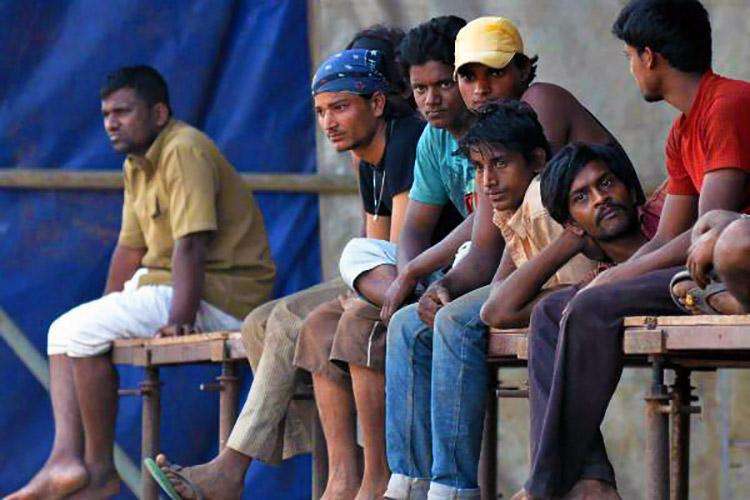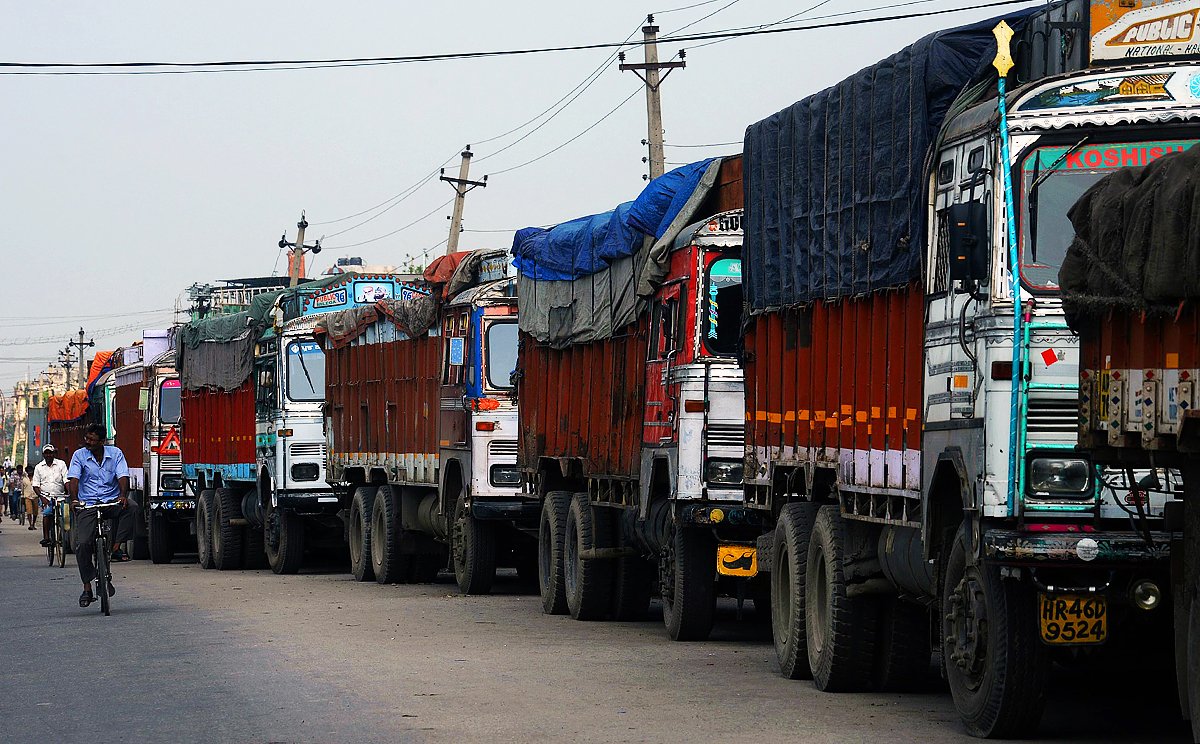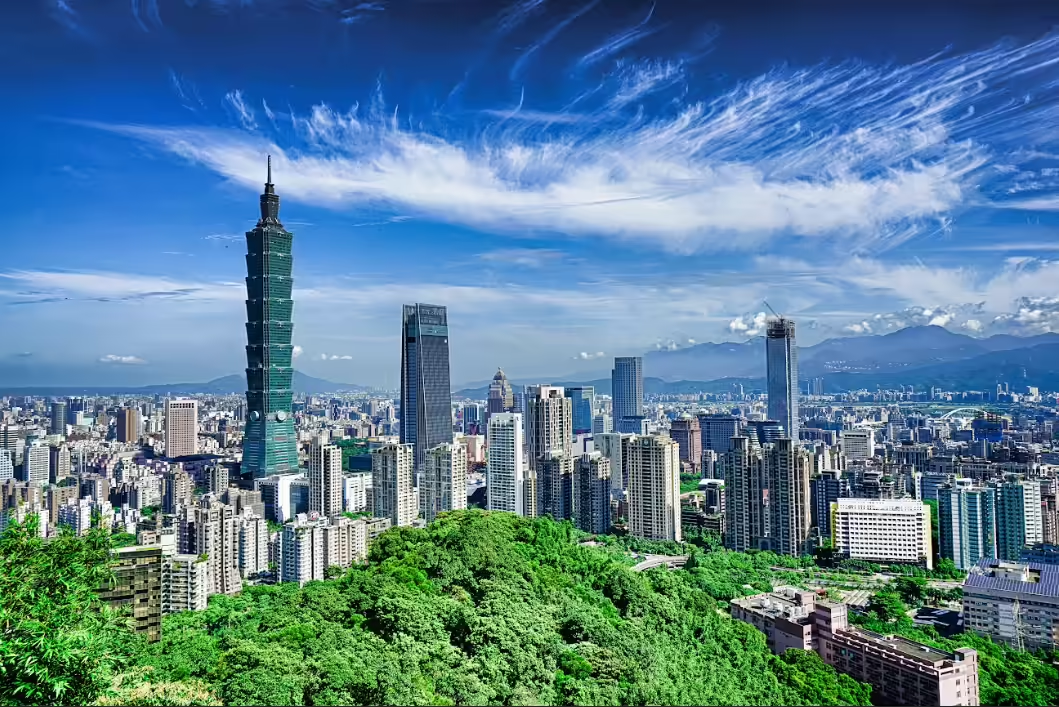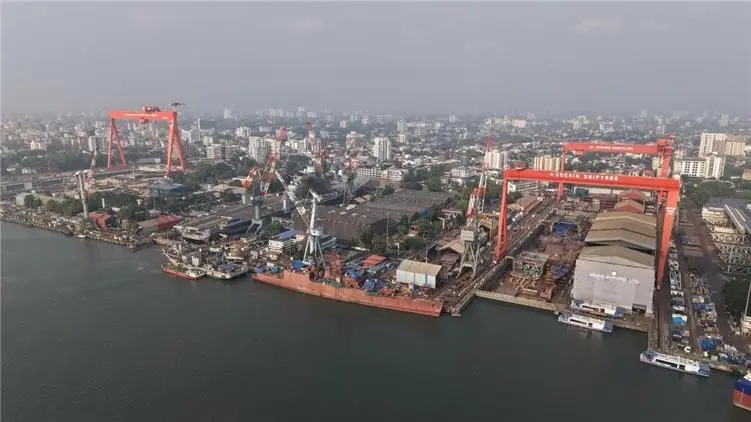Both nations navigating the complexities of cultural integration and foreign workforce support. The partnerships also underscore the evolving dynamics of international migration in a globalised world
Japan and Taiwan are actively exploring the possibility of hiring migrant workers from India to address their respective labour shortages. In Taiwan, Labour Minister Hsu Ming-chun confirmed that an MoU (memorandum of understanding) between Taiwan and India is expected to be signed by the end of this year.
Discussions have been ongoing since 2020, with some interruptions due to the Covid-19 pandemic. The agreement is anticipated to pave the way for the hiring of Indian workers in various industries. While reports suggest that up to 100,000 workers could be involved, the actual number is yet to be finalized, contingent on industry needs and worker qualifications. Once the MOU is signed, detailed discussions between the two parties will follow, culminating in an official announcement of the programme.
In parallel, Japan has witnessed a significant increase in its Indian diaspora, with numbers growing from 20,589 in 2007 to nearly 44,000 by December 2022. Japan is grappling with questions related to the cultural integration and English proficiency required to support its growing immigrant population.
Recent research indicates a shift in motivations for migration to Japan, with some individuals drawn by cultural elements such as anime, cherry blossoms, and literature. This is a departure from the earlier trend where Japan was not considered a dream destination comparable to Western countries.
The relationship between Japan and India has evolved positively over the years, marked by diplomatic agreements and economic collaborations.
The surge in skilled Indian professionals in Japan is attributed to India’s IT boom, changing perceptions of India in Japan, and a reciprocal effort by both nations to promote migration. Japan is positioning itself as an attractive destination for both skilled and unskilled Indian migrants, while India views Japan as a place of diligence and perfectionism, emphasizing cultural and language education for prospective migrants.
However, challenges faced by Indian migrants in Japan include unmet job expectations, deskilling, language barriers, and the pressure to assimilate quickly into Japanese customs. The need for a more comprehensive understanding of various cultural groups contributing to Japan’s society and economy is emphasized, advocating for an intercultural approach to minimize everyday aggressions and promote awareness about foreign cultures.
There are potential benefits of a more inclusive approach, not only in attracting Indian migrants but also in enhancing the overall experience for all foreign residents. Despite the challenges, there are advantages due to Japan’s capacity for rapid change once a decision is made.
Japan and Taiwan’s initiatives to recruit workers from India aim to address labor shortages, with both nations navigating the complexities of cultural integration and foreign workforce support. The partnerships also underscore the evolving dynamics of international migration in a globalised world.
************************************************************************
Readers








